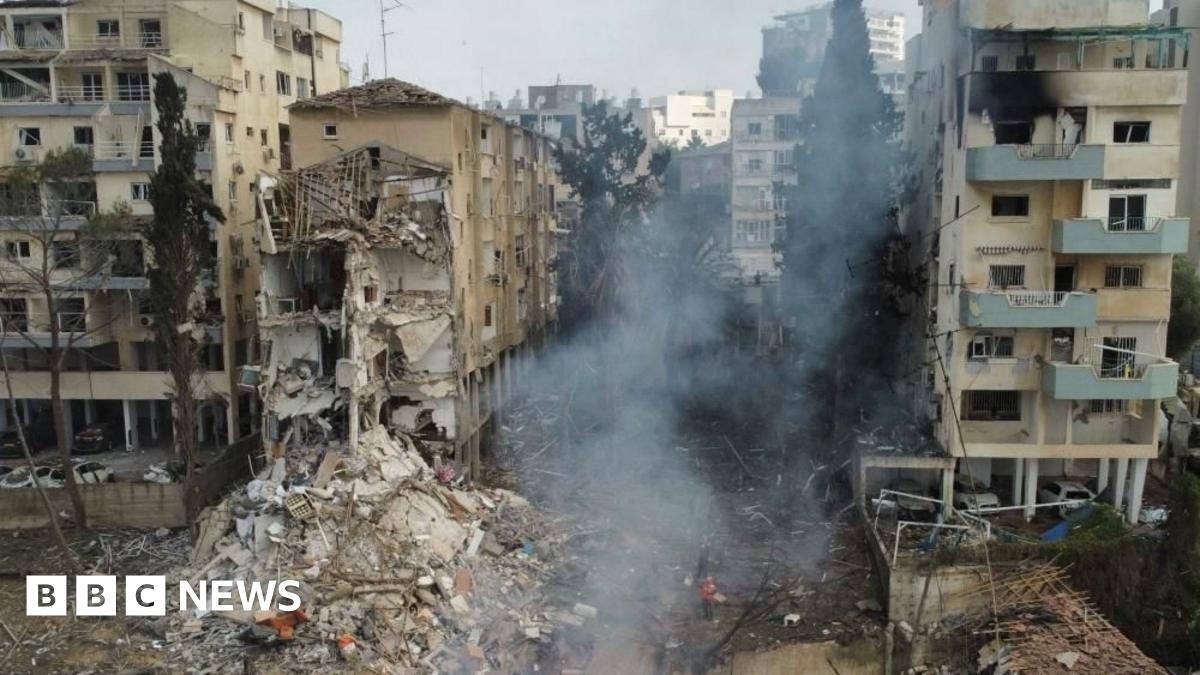Trump Signals Potential Talks with Iran, Despite Israeli Warnings Amidst Escalating Tensions

Dubai/Jerusalem – In a surprising shift, U.S. President Donald Trump has expressed a desire for a “real end” to the long-standing nuclear dispute with Iran, hinting at the possibility of sending high-ranking American officials for direct talks. This announcement comes amidst a fifth day of escalating tensions and what many are calling an air war between Israel and Iran.
The U.S. stance represents a potential departure from the previous policy of maximum pressure on Iran, which has involved sanctions and a withdrawal from the 2015 nuclear deal (JCPOA). Trump’s comments, made recently, suggest a willingness to explore diplomatic avenues, although the timing and context are particularly sensitive given the current regional instability.
“We’re looking for a real end. We want to end it permanently,” Trump stated, without providing specifics on potential conditions or timelines. The possibility of direct talks, a move that would mark a significant change in U.S.-Iran relations, has been met with both cautious optimism and skepticism.
However, the potential for dialogue is unfolding against a backdrop of heightened Israeli concerns. Israeli officials have strongly cautioned against any concessions to Iran, warning that the country continues to pose a significant threat to regional security. The ongoing exchanges of fire between Israel and Iran, reportedly involving drone strikes and missile defenses, underscore the precariousness of the situation.
Israel views Iran’s nuclear program and its support for regional proxies as a direct threat to its existence. While Israel hasn't officially commented on Trump's offer of talks, sources within the Israeli government have expressed reservations, emphasizing the need for continued pressure to prevent Iran from acquiring nuclear weapons.
The 2015 nuclear deal, which limited Iran’s nuclear enrichment capabilities in exchange for sanctions relief, was abandoned by the Trump administration in 2018. Since then, Iran has gradually rolled back its commitments under the agreement, raising concerns about its nuclear ambitions. The United States and Iran have been locked in a tense relationship for decades, fueled by disagreements over Iran’s nuclear program, regional influence, and human rights record.
Experts suggest that Trump's willingness to engage in talks could be driven by a desire to achieve a significant foreign policy accomplishment before the upcoming U.S. presidential election. The move also reflects the growing recognition that sanctions alone have not been sufficient to compel Iran to change its behavior.
The prospect of U.S.-Iran talks remains uncertain, and the path forward is fraught with challenges. The conflicting interests of the United States, Iran, and Israel, combined with the volatile regional dynamics, will require careful diplomacy and a willingness to compromise to achieve a lasting resolution to the nuclear dispute and de-escalate tensions in the Middle East. Whether this opportunity will be seized remains to be seen, but the potential for dialogue offers a glimmer of hope amidst a region grappling with instability and conflict.






